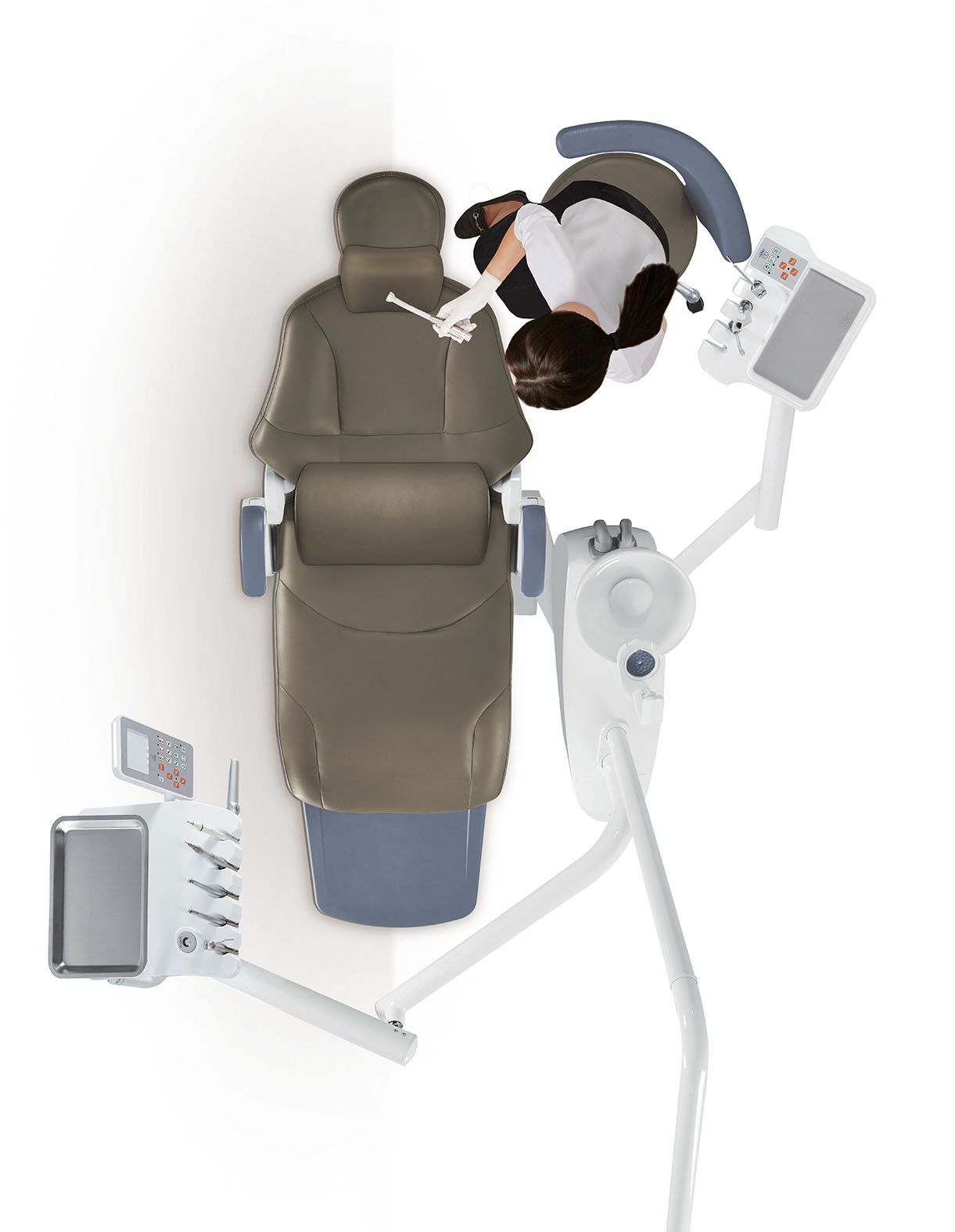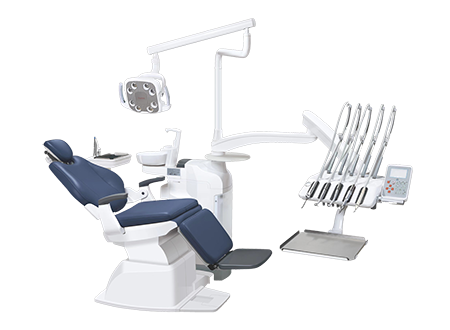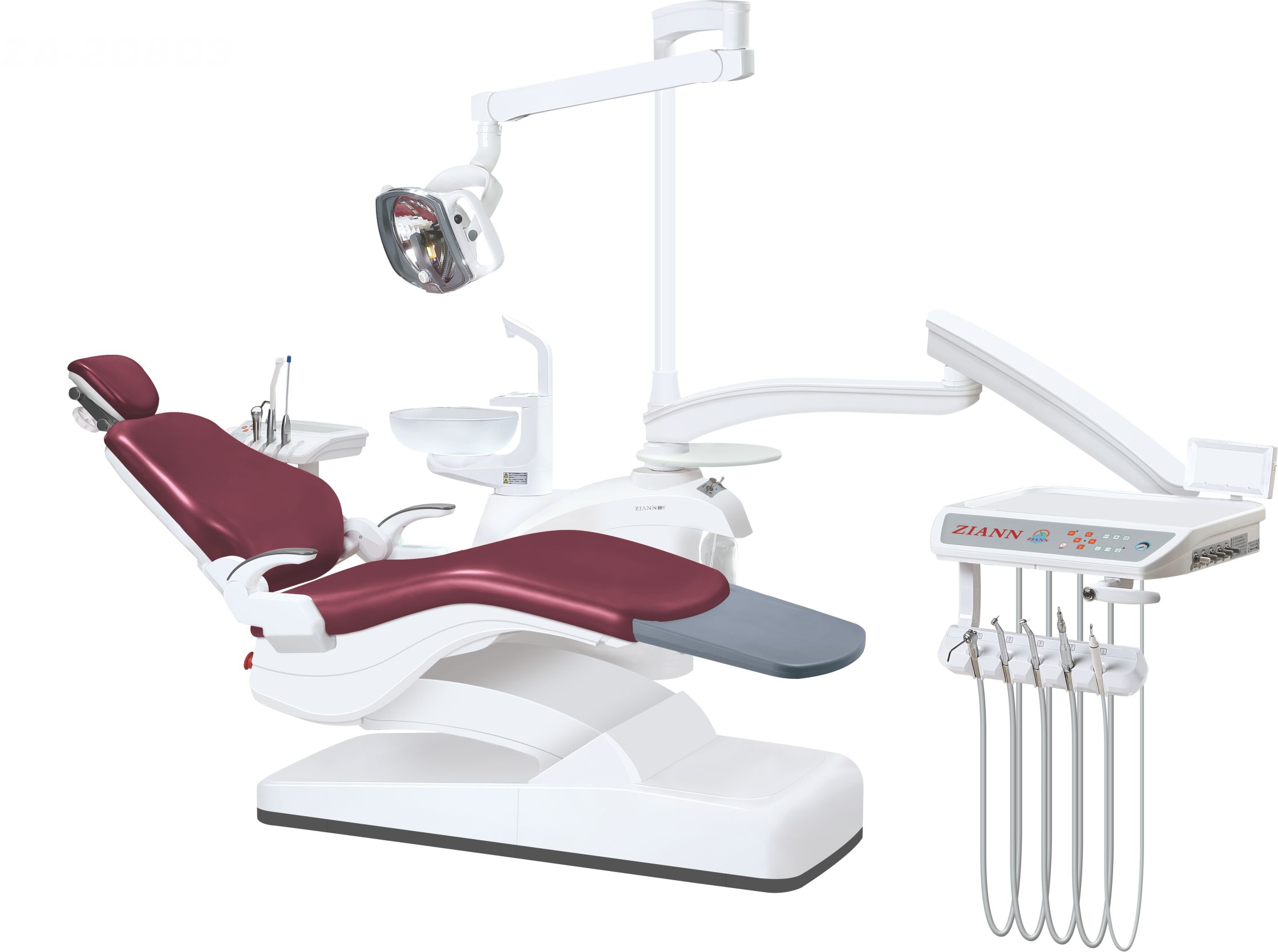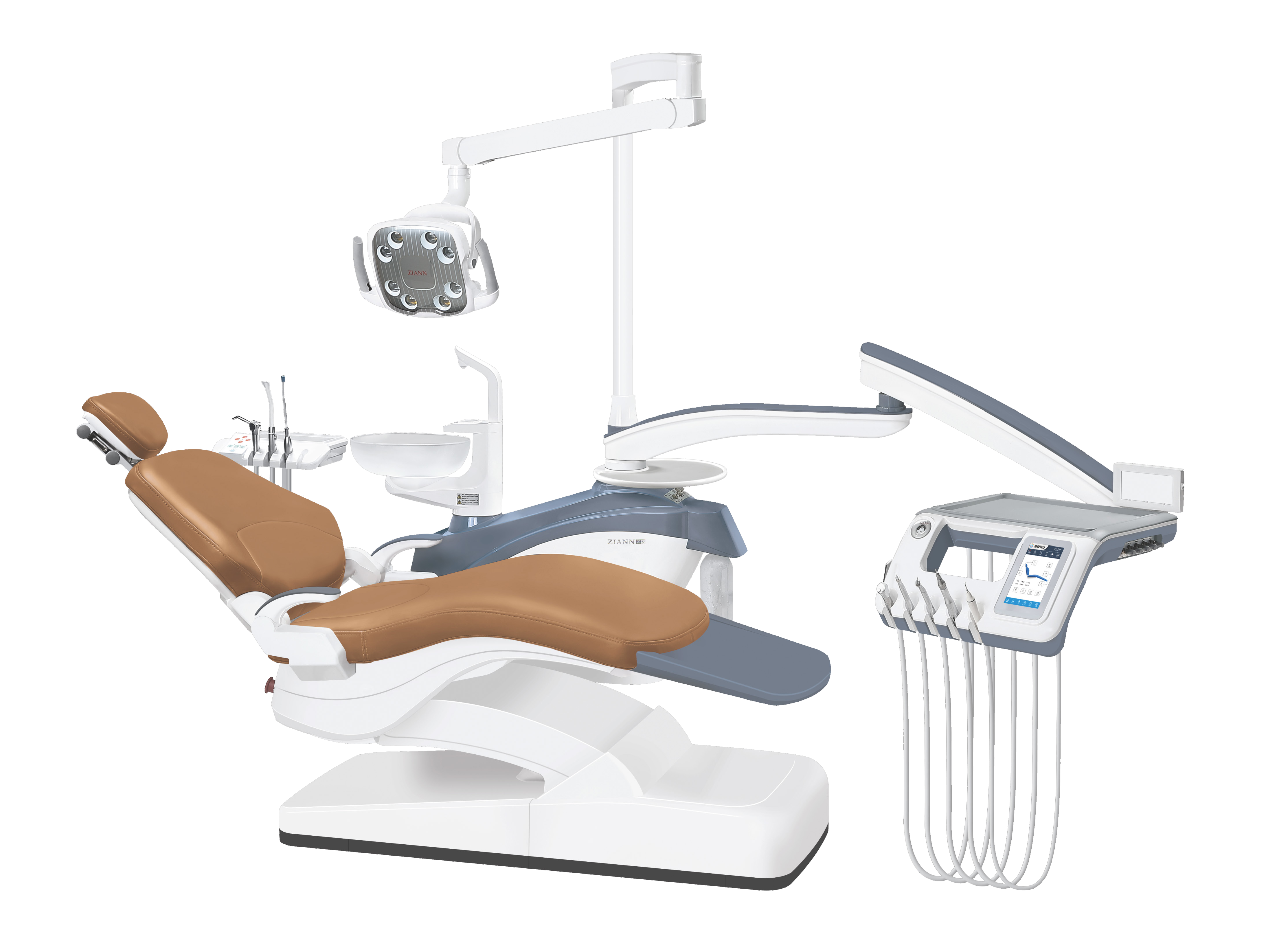The dental chair, while an essential tool in dentistry, often becomes a source of anxiety for many patients. The mere sight of it can trigger fear and nervousness in individuals, leading to a less-than-pleasant dental experience.
As a dentist or dental professional, understanding and addressing this nervousness is crucial for providing optimal care. Here are some effective strategies to alleviate patient anxiety associated with the dental chair:
1. Establish a Comfortable Environment
Creating a welcoming and calming atmosphere in the dental office can work wonders in easing patient nerves. Soft lighting, soothing music, and pleasant decor can significantly contribute to a more relaxed ambiance. Ensure the waiting area is comfortable and accommodating, reducing the initial stress before the patient even enters the treatment room.
2. Open Communication and Trust Building
Building trust between the dentist and the patient is fundamental. Engage in open, honest, and empathetic communication. Explain procedures in simple terms, addressing any concerns or questions the patient might have. Encouraging patients to voice their fears or anxieties can help in addressing them directly, leading to a more comfortable experience
 .
.
3. Educate Patients about Procedures
Fear often stems from the unknown. Take the time to educate patients about the procedures they will undergo. Use visual aids, models, or simplified explanations to illustrate what to expect during the treatment. Knowing what's going to happen can significantly reduce anxiety.
4. Implement Relaxation Techniques
Utilize relaxation techniques to calm nervous patients during their time in the dental chair. Breathing exercises, meditation, or guided imagery can be beneficial in reducing stress levels. Encouraging patients to focus on their breathing or imagine a peaceful scenario can distract them from the dental procedure.
5. Offer Distractions and Entertainment
Distracting patients with entertainment options can be remarkably effective. Consider providing TVs, headphones with soothing music, or videos that help take their mind off the procedure. Some dental offices even offer virtual reality experiences to immerse patients in a different environment during treatment.
6. Use Sedation Dentistry
For patients with severe dental anxiety, sedation dentistry can be a viable option. Techniques such as nitrous oxide (laughing gas), oral sedatives, or intravenous sedation can help relax patients and make the experience more manageable.

7. Empower Patient Control
Give patients a sense of control during their dental visit. Establish a signal system, such as raising a hand, to let the dentist know if they need a break or feel uncomfortable during the procedure. Allowing patients to have some control over the situation can significantly reduce anxiety.
8. Post-Treatment Follow-Up and Care
Follow up with patients after the procedure to inquire about their experience. This gesture shows genuine concern for their well-being and allows you to address any lingering concerns they may have. Providing post-treatment care instructions can also contribute to a positive overall experience.
Conclusion
In the realm of dentistry, the dental chair can be a source of apprehension for many patients. However, by implementing these strategies and approaches, dental professionals can transform the experience into a more comfortable and less anxiety-inducing one. Empathy, understanding, and a patient-centered approach are key in alleviating nervousness and fostering a positive dental experience for every individual.






